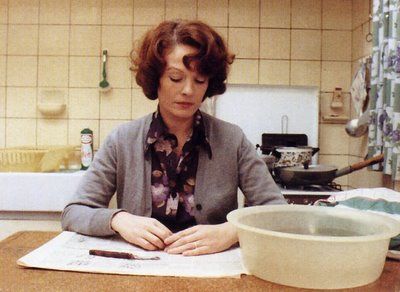No. 21: 'Vertigo' (1958)
Directed by Alfred Hitchcock
Directed by Alfred Hitchcock
Not much more can be written about this film that hasn't already, but I'll try. Hitchcock didn't invent any new genres but he sure came close. ‘North by Northwest’ gave a ready made template to the James Bond style action flick, and ‘Vertigo’ pushed the psychological drama genre yet further on. Jimmy Stewart intoxicated by the beautiful Kim Novak is something I can watch at any time. And it’s a film that has this mysterious eerie quality to it. The inspiration/homage that Vertigo oozes can still be seen today in films like ‘Long Day’s Journey into Night’ (Bi Gan) and ‘Suzhou River’ (Lou Ye) - both interms of style / colour scheme and in terms of the duality of a character (leading lady).
This is a great article on how Vertigo shaped the career of David Lynch:
https://www.bfi.org.uk/features/davi...tigo-influence
With stunning colours, outfits, and San Francisco almost playing a character itself, it’s a film that goes up and down my best of all time list. Sometimes it’s in my top 20, sometimes not. But it’s always close.

.................................................................................................... ......................................................................................
No.20: 'Woman in the Dunes' (1964)
Directed by Hiroshi Teshigahara
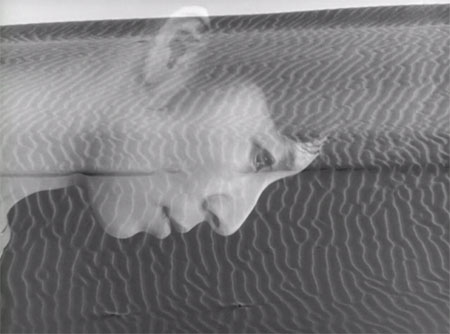
Directed by Hiroshi Teshigahara

‘Woman in the Dunes’ is a masterpiece of cinema. The cinematography is amongst the most alluring and inventive of the 60s and it’s subject isn’t a million miles away from Hitchcock’s Vertigo. The tagline reads:
“An entomologist on vacation is trapped by local villagers into living with a woman whose life task is shovelling sand for them.”
This is what I had to say about it when I watched it for the first time a few years back:
Stunning film. Scratchy eerie score. So atmospheric. The sexual tension is palpable. The images are jaw dropping. Extreme close ups, imaginative wide angles. The changing state of Japanese society as it arrives into the modern world is melded with personal existentialism and relationship trauma.
Simply one of the greatest films I have ever seen.
10/10
Simply one of the greatest films I have ever seen.
10/10


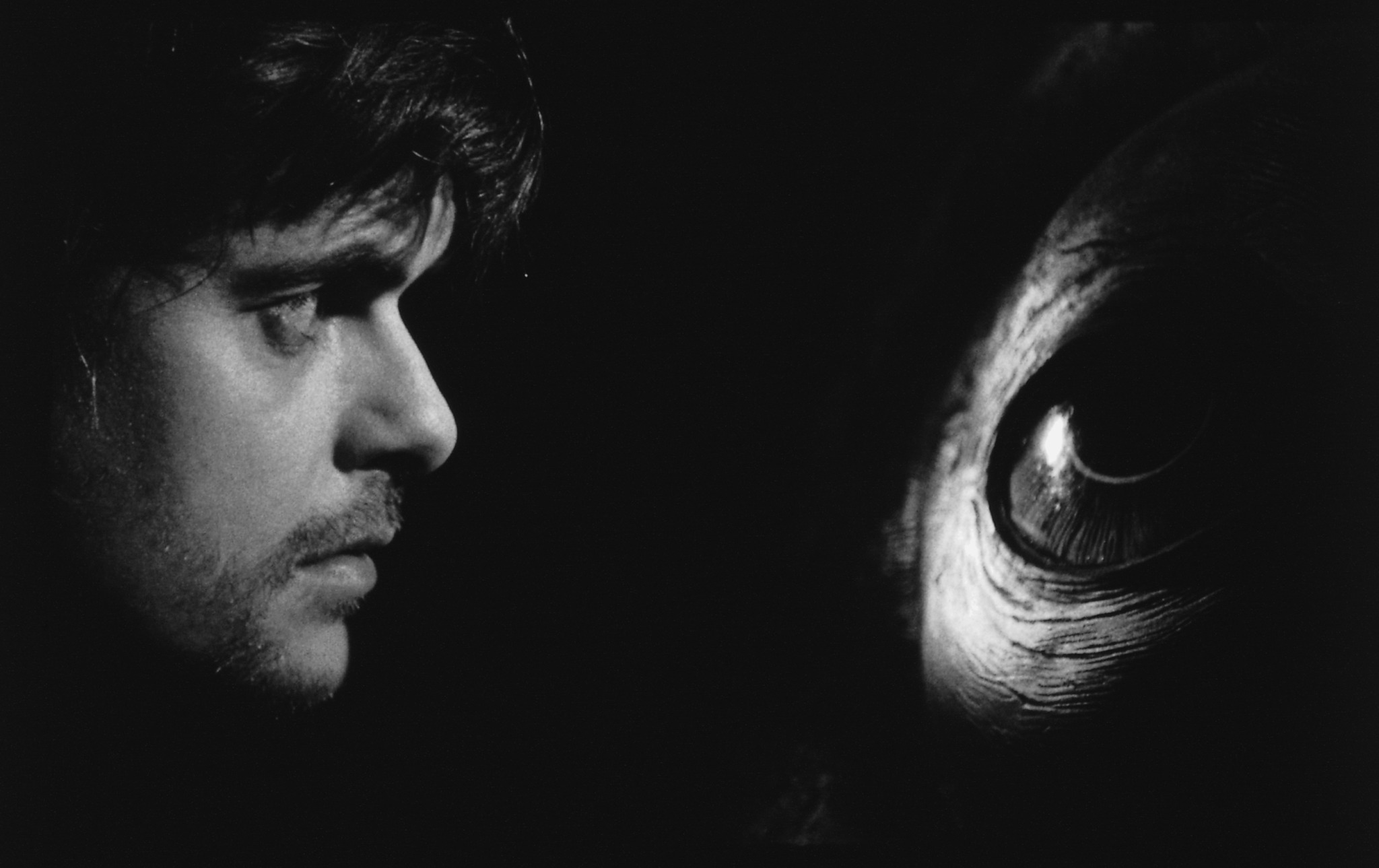
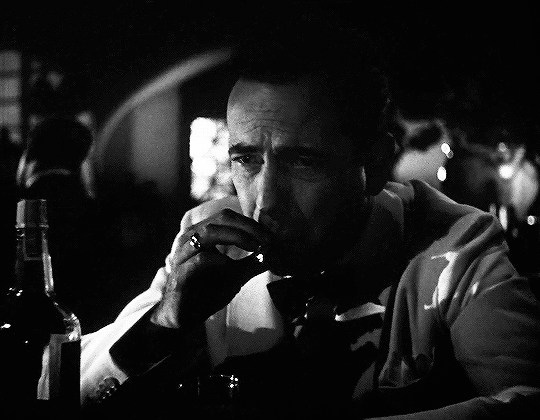

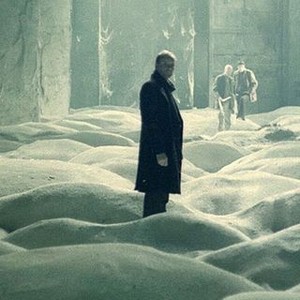

 Check out my podcast:
Check out my podcast: 